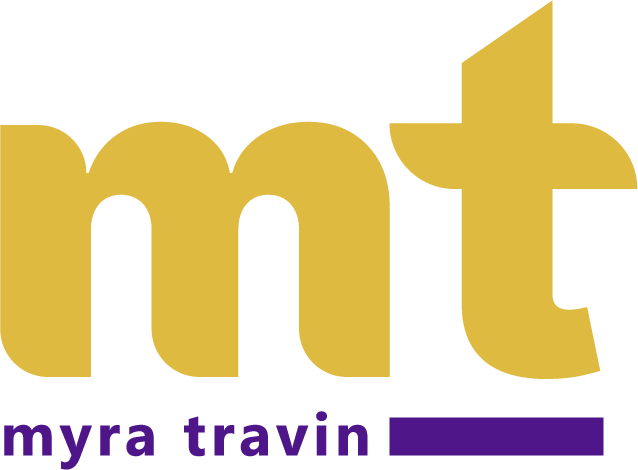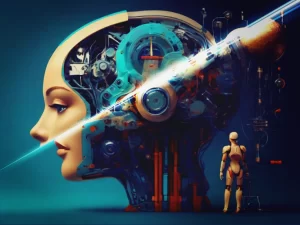History is always teaching us. Imagine the walk up to the solid imposing doors of the Catholic Church where Martin Luther brought his flimsy piece of paper that began the Reformation. And a hammer. And a nail. The weight of hundreds of years of tradition and dogma had to have weighed on his mind as he made his modest stand – a piece of paper against the most powerful forces in the world. Literally, a piece of paper versus God.
Sometimes an individual can do great things, solve great problems and disrupt armies. Such was a wooden horse rolled into a square. So was Luther’s water and paste, fashioned into a square. Squares are always disrupted, their certainty is no match for the plasticity of new thought.
Technology keeps changing, but something about the human spirit stays the same. The spirit in all of us to learn and stretch beyond our boundaries, to see things anew will always be our hallmark and oddly, our challenge to new learning technologies.
The US Constitution has enshrined in it the Bill of Rights for all its citizens and I think learners should have the same affordances, especially when we consider that in the equation of learning and technology it is often technology that is given the most weight and attention. It’s like we all think that learning is the easy part and technology is the difficult part – the one that deserves our respect and admiration. Yes, cool is cool. I love cool stuff. I love cool technology that works for learners. But, I think we must realize that technology is finite, a possible solution to a problem or problems. But learners are an every deepening and widening mystery. One that some UX designers like to skip gaily over on their way to the perfect design – the “what that thing does now”. Can’t you see we are working here??
If you have read my writing in the past you know I continue to say: that is one dangerous perspective.
So what unalienable rights should learners have in this new age? Wait, let me get my hammer.
A Bill of Rights for Learners
- Learners have the right to be treated as unique. You are your own algorithm. In all the time past stretching into an endless future: no one learns exactly like you. You learn in a unique way, and it should be respected.
- Learners have the right not come secondary to the needs of others. The needs of the organization, HR group, Professors, Budget and Constraints should not be more important than the learner. For, after all the whole idea is to serve the learner! And, if they get lost in the shuffle: what was the point of that whole exercise?
- Learners have the right to a robust and innovative learning environment. Learners should not be expected to swallow down boring eLearning pabulum, new mobile strategies which give you access without strategy,
- Learners have the right not to be tested on competencies they are not prepared for by the learning environment. Testing, based on a system that the designer likes, but has no actual instructional design of cogent assessment and evaluation is cruel and unusual punishment. It’s like they want to hit learners with the smart stick and hope they can override the brain’s capacity. Learners are not miraculously changed by a bad learning design.
- Learners have the right to information currency. Curriculum, tools and resources should change as often as necessary to meet the needs of learners. Asking too much? Well, they will just go around your formal systems into informal networks as they currently are now doing. If an organization does not understand this, it shouldn’t come as a surprise if your design is not useful and your job becomes less and less valuable.
- Learners have the right to make relationships to expert sources to help them make decisions. Expert sources should be available at the point of need 24 hours a day. And, not just the individual instructor who answers questions, but the network should fan out globally to assist the learner to mitigate time, distance and access. Just like the Internet. A series of tubes, I hear.
- Learners have the right to control all learning environments. They do this now and will continue to do this. They do not need and should not ask for the permission from anyone either inside or outside an organization to learn. If you are controlling the flow of information and resources, you have already lost the whole point.
- Learners should control their own process. Learners have the right to not follow anyone else’s path than their own through content. Learning is a human sacred and personal right, and it is the key to survival.
In learning, just like any other social movement, a single learner banded together with others will change the world. A single piece of paper, a single digital list of comingled bits will be the start of a revolution. One might see it as a foolish demand from an individual. Or the start of a new reformation.





